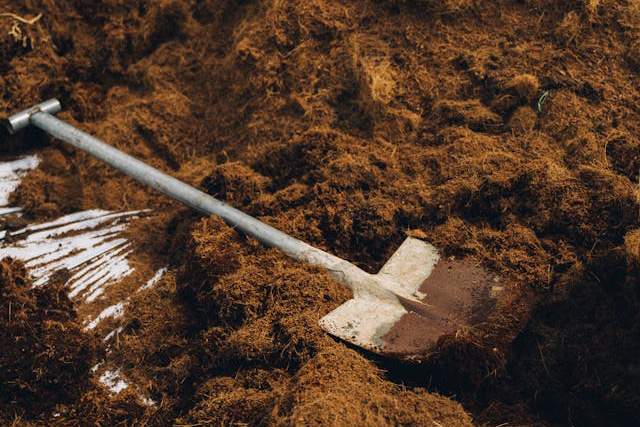
Compost management is key to creating nutrient-rich soil that will benefit your garden year-round. With a few easy steps, you can turn kitchen scraps and garden waste into valuable compost that promotes strong, healthy plants and reduces landfill waste.
Starting Your Compost
To begin, choose a well-draining spot for your compost bin or pile, ideally out of direct sunlight. Start by layering green and brown materials: greens (like vegetable scraps, coffee grounds, and grass clippings) provide nitrogen, while browns (such as leaves, straw, and cardboard) supply carbon. A balanced combination of both is essential for successful composting.
Maintaining Your Compost
To keep your compost active, turn it every two weeks to add oxygen. This aeration helps break down the materials faster and prevents unpleasant odors. If your compost seems too dry, sprinkle some water to maintain a moist (but not soaked) consistency. Conversely, if it’s too wet, add more browns to balance the moisture levels.
Composting Tips
Avoid adding meat, dairy, or greasy foods, as these attract pests and slow down the composting process. Eggshells, however, are a great addition and provide beneficial calcium. Patience is essential – composting can take a few months to yield usable material, but the end result is worth the wait. When your compost resembles dark, crumbly soil with an earthy smell, it’s ready to use!
Benefits of Using Compost
Compost improves soil structure, increases water retention, and boosts nutrient levels. It’s also a natural fertilizer, reducing your need for chemical additives. By using compost, you’re supporting a sustainable cycle that benefits both your garden and the environment.
Want to get started with composting or improve your current setup? Contact Tony today at 07841 801 105 for expert composting advice and management services. With Tony’s guidance, your garden can flourish with the natural benefits of homegrown compost!